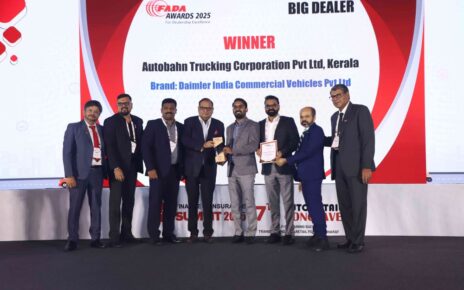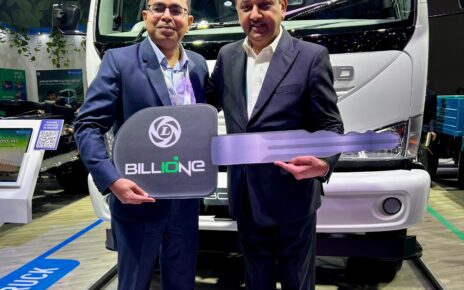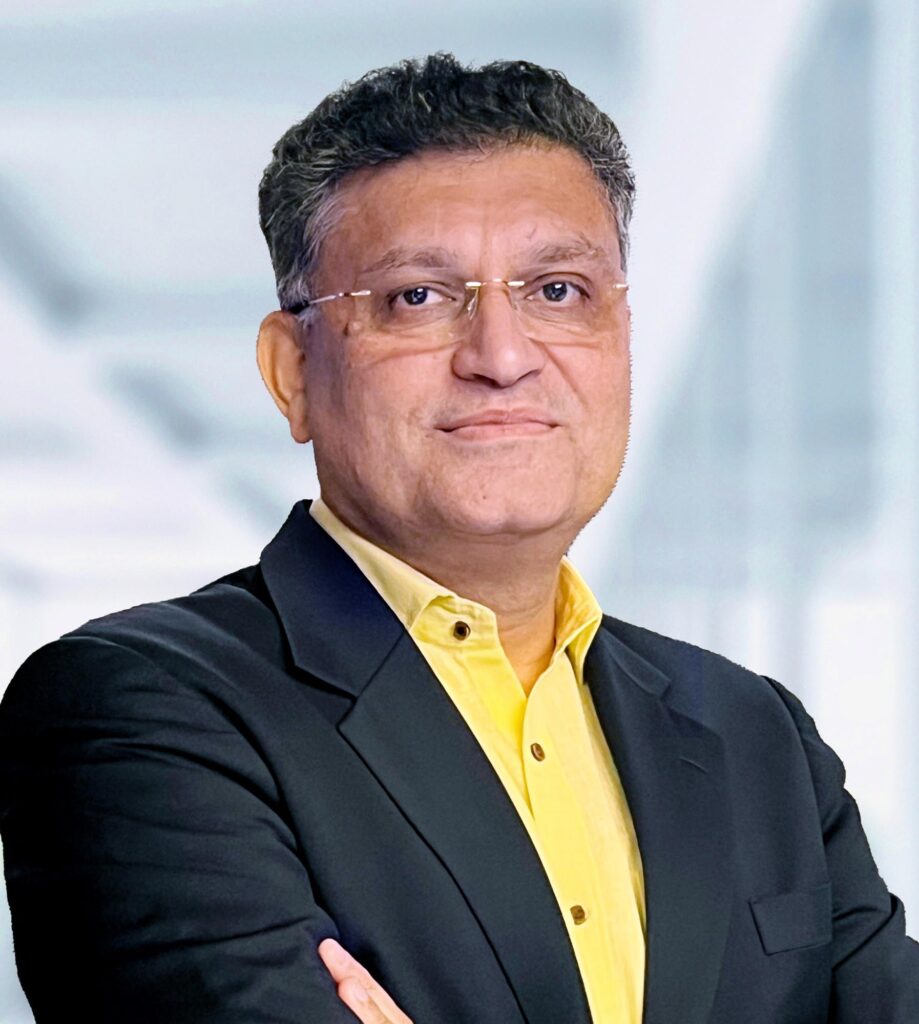

In a wide-ranging interaction, Rajesh Rajgor engaged with Ketan Kulkarni, MD & CEO – Gati Express and Supply Chain Pvt. Ltd., to understand the operational evolution, strategic priorities, and long-term ambitions of Allcargo Gati. From strategic expansion into high-potential Tier 2 and Tier 3 markets to digital upgrades and sustainability-led infrastructure, the company is executing a sharp, multi-dimensional growth strategy. With the backing of Allcargo’s global expertise, Allcargo Gati is not just adapting to the demands of India’s evolving supply chain ecosystem; it’s actively shaping its future through scalable solutions and customer-centric innovation.
Expanding with Purposeful Precision
Over the past year, Allcargo Gati has sharpened its focus across multiple dimensions; network expansion, digital transformation, sector-specific solutions, and sustainability. With nearly complete coverage of India’s GDP footprint, its operational scale is backed by a purposeful push toward deeper connectivity and precision-driven delivery. “With an extensive network that covers 99% of India’s GDP, we continue to offer a compelling value proposition built on reliability, reach, and service excellence,” said Kulkarni.
The company’s aggressive expansion into Tier 2 and Tier 3 markets is both a response to India’s shifting consumption centers and a reflection of long-term planning. These markets, once peripheral, are now core to supply chain planning. Allcargo Gati has moved decisively to strengthen its presence in critical industrial belts such as Chakan in Pune, Nashik, NCR, Faridabad, and Gujarat. These regions, especially in the auto and manufacturing sectors, are poised to drive volume growth and complexity; requiring logistics players to match speed with accuracy. “We have strengthened our presence in Asia’s leading automotive and industrial corridors to match customer expectations and sectoral growth,” he added.
Digitally, the migration to Oracle Cloud Infrastructure (OCI) has yielded a 20% uptick in system performance and scalability, which Kulkarni says “directly impacts agility across the value chain.” This performance upgrade empowers better decision-making, real-time responsiveness, and tighter control of service delivery metrics.
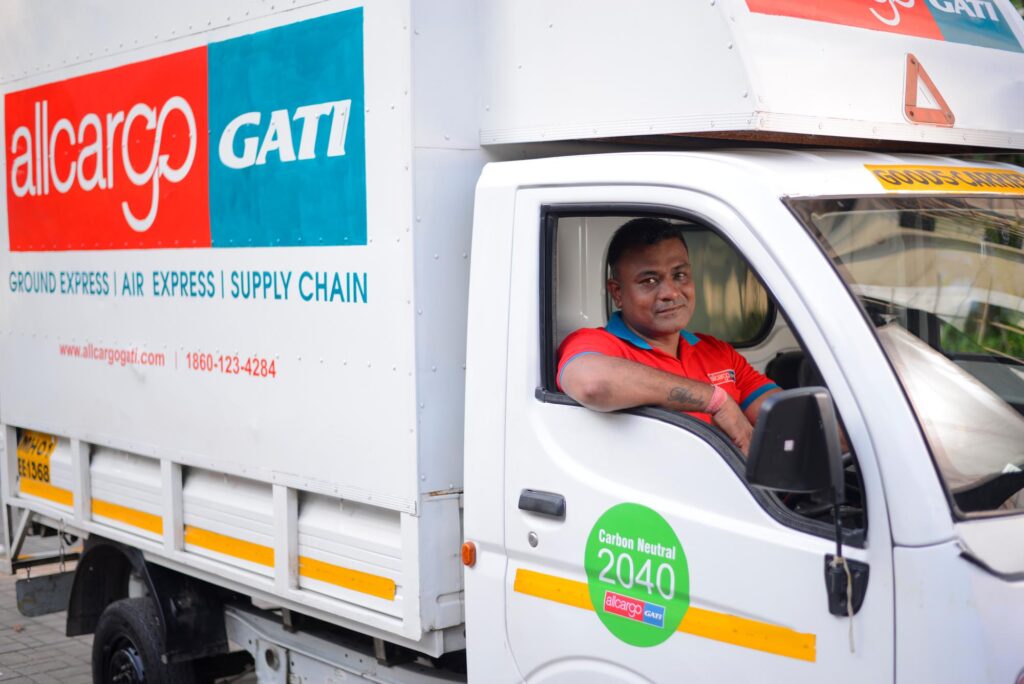
Sustainability is no longer a side goal; it’s integrated into the operating model. Whether it’s a growing fleet of electric vehicles or warehouses powered by solar rooftops, the company has made conscious strides toward a greener supply chain. Its enhanced hub-and-spoke network also allows for faster and more efficient service to small businesses and MSMEs, which are now a growing segment of India’s formalized economy.
Transformation Through Strategic Integration
The Allcargo acquisition was more than a corporate move; it ushered in a deep operational and cultural transformation. “The integration gave us access to global capabilities, multimodal infrastructure, and a solid governance framework that redefined our logistics DNA,” said Kulkarni.
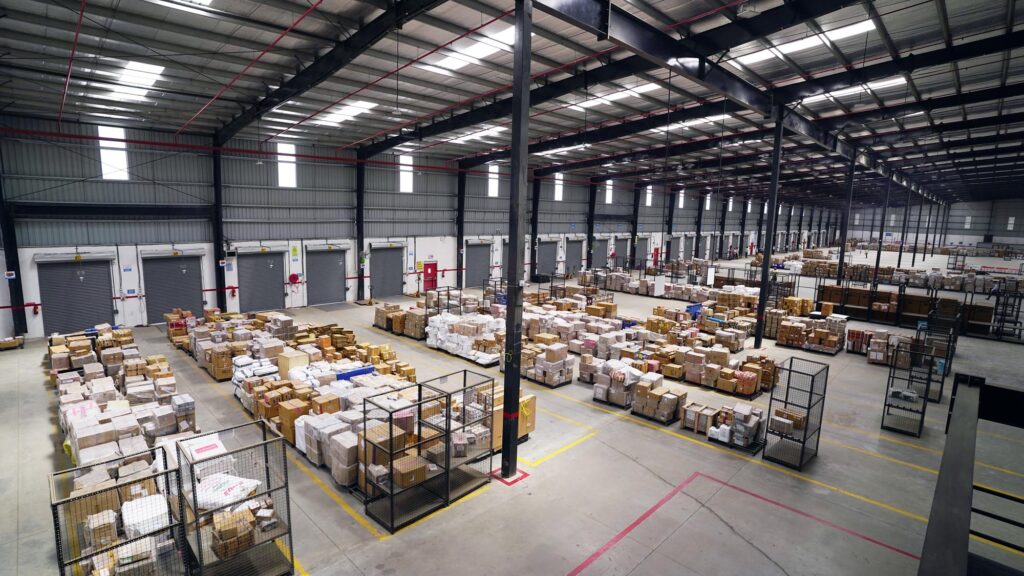
The post-integration phase has been characterised by consolidation, re-engineering of systems, and scalability planning. Financial strengthening through debt reduction, realigned processes, and upgraded warehousing assets have helped improve turnaround time, customer service, and cost efficiency.
Digitisation was not confined to backend systems; it reshaped the customer experience. From order booking to delivery, every node of the journey is now backed by technology, transparency, and traceability. This elevated platform has allowed the company to create a comprehensive express model that seamlessly integrates surface and air capabilities. “The focus was on consolidation with agility, and that shift has made us more resilient and future-ready,” he noted.
Verticals Driving Growth Forward
While express distribution continues to be the largest revenue contributor, verticals such as Automotive, Pharma, MSME, and Organized Retail are currently driving faster growth. The company has seen a notable surge in specialized logistics demand across spare parts, time-definite pharma supplies, and fast-moving consumer goods. “We expect a sharp uptick in spare parts logistics in the auto sector and warehousing demand from e-commerce, which already accounts for half the country’s demand,” explained Kulkarni.
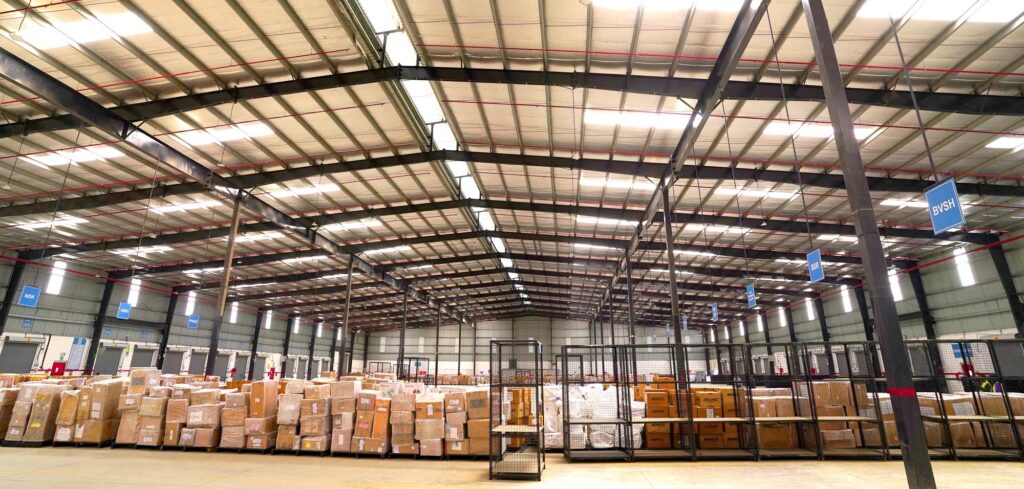
Given the rise in omni-channel retail, Gati’s customizable and tech-integrated express services offer real-time delivery intelligence; a huge differentiator for clients operating across metros and smaller towns alike. The MSME segment, especially in semi-urban regions, remains central to the company’s strategy. “Our tech-enabled processes, backed by a responsive hub-and-spoke model, give us an edge in servicing emerging enterprises across India,” he added.
Digital Backbone for Scale
Allcargo Gati’s vision for the future hinges on technology; not as a support function, but as a growth engine. From route optimization algorithms to AI-powered forecasting and IoT-led tracking, the company is betting big on tech for competitive advantage. “Our digital roadmap is built on AI, IoT, and data analytics to create intelligent logistics,” Kulkarni remarked.
Warehouse automation tools, coupled with intelligent scanning systems and customer dashboards, help reduce friction in operations and support same-day or next-day delivery expectations. The Oracle Cloud migration also brings elasticity in managing seasonal loads and ensures that the system can scale rapidly with demand. In high-growth verticals like electric vehicles, chemicals, and pharma, technology enabling faster compliance, safer handling, and tighter inventory management; directly translating into better customer outcomes.
New-Age Commerce and Multimodal Network
India’s digital economy isn’t limited to urban centres anymore. With Tier 2 and Tier 3 cities accounting for a growing share of e-commerce transactions, Allcargo Gati has decentralized its express delivery model to include region-specific enhancements. “We’ve adapted our hub-and-spoke model to allow extended cut-off times and flexible pickups in these regions,” said Kulkarni.
The rise of Direct-to-Consumer (D2C) brands has also changed logistics expectations. From hyperlocal deliveries to return management and cash-on-delivery services, Gati has designed a set of tailored solutions to meet these needs. These include smart packaging, delivery orchestration, and simplified returns; crucial for businesses with high customer experience sensitivity. “These tailored offerings are not just meeting but anticipating customer needs, especially in semi-urban India,” he explained.
With over 9,000 vehicles, 21 surface transshipment centres (STCs), 700+ facilities, and 34 air express locations, Allcargo Gati has created one of the country’s most robust multimodal logistics networks. “By integrating air and rail with our road network, we are building hybrid models that optimise time and cost,” he said.
This integration allows for seamless switching between transport modes depending on urgency, cost, or cargo type. The upgraded facility in Vijayawada and the newly launched Panapakkam warehouse in Chennai are proof of Allcargo Gati’s infrastructure-first approach. “These facilities offer dock levellers, high-grade racking, solar energy systems, and rainwater harvesting; all contributing to faster TATs and a greener footprint,” he added.
Innovation at Every Mile
As customer expectations continue to evolve, Allcargo Gati has responded by transforming surface express logistics into a precision-led, innovation-driven engine. From volume shifts moving from the unorganised to organised sector, to digital dashboards tracking every movement, innovation is visible at every level. “Surface express has seen more momentum than air in recent quarters, especially as volumes shift from unorganised to organised players,” Kulkarni noted.
Recent investments in automated scanning systems, enhanced visibility tools, and smart hubs across Ahmedabad and Pune corridors demonstrate the company’s intention to lead; not follow; industry transformation. “Allcargo Gati is emerging as a key innovation engine, pushing the envelope of what surface express can do,” he shared.
Looking ahead, the company is aiming for a top-three position in India’s express logistics sector within the next 3–5 years. The strategy is aligned with national goals, including the Gati Shakti masterplan and the National Logistics Policy (NLP). “We aim to be in the top three express logistics players in India in the next 3–5 years,” said Kulkarni.
With eight new hubs planned in the current financial year, the focus is on scalable infrastructure, tech-first operations, and seamless multimodal delivery. Sectoral tailwinds from EVs and policy-led infrastructure development offer strong growth levers. “Our goal is to be more than a logistics provider; we want to be a logistics enabler for India’s next growth chapter,” he concluded.



